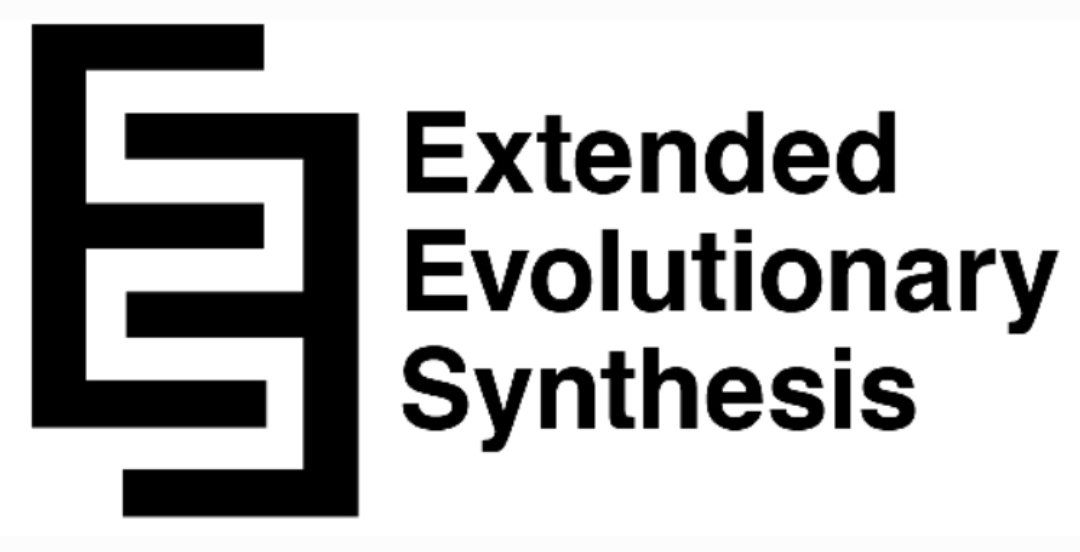Synthesising Arguments and the Extended Evolutionary Synthesis:
Synthesising Arguments and the Extended Evolutionary Synthesis: A Critical Review
Andrew Buskell's article, "Synthesizing Arguments and the Extended Evolutionary Synthesis," published in Studies in History and Philosophy of Science Part C (2020), provides a comprehensive analysis of the ongoing debates surrounding the Extended Evolutionary Synthesis (EES) and its implications for the field of evolutionary biology. The EES proposes a broader framework for understanding evolution, incorporating developmental processes, niche construction, and other factors beyond the traditional neo-Darwinian focus on genetic variation and natural selection.
Buskell begins by outlining the core tenets of the EES, highlighting its emphasis on reciprocal causation, developmental plasticity, and the role of organisms in shaping their own environments. He then delves into the philosophical and methodological underpinnings of the EES, exploring its relationship to existing evolutionary theories and the challenges it poses to traditional disciplinary boundaries.
One of the central themes of Buskell's analysis is the concept of synthesis, which he defines as the integration of diverse perspectives and bodies of evidence into a unified theoretical framework. He argues that the EES represents a promising avenue for achieving such a synthesis, as it seeks to bridge the gap between different levels of biological organization and to reconcile seemingly disparate phenomena under a common explanatory umbrella.
Buskell also examines the various arguments that have been put forth in favor of the EES, ranging from empirical evidence for niche construction and developmental bias to theoretical considerations about the limitations of the neo-Darwinian paradigm. He acknowledges that the EES is not without its critics, who have raised concerns about its conceptual clarity, empirical support, and potential to undermine the explanatory power of natural selection.
He emphasizes that the EES is still a work in progress, with many open questions and challenges remaining to be addressed. However, he maintains that the EES offers a valuable framework for fostering interdisciplinary dialogue and for generating new hypotheses about the mechanisms and patterns of evolutionary change.
Throughout the article, Buskell adopts a balanced and nuanced perspective, carefully weighing the strengths and weaknesses of the EES and its implications for the field of evolutionary biology. He acknowledges the potential for the EES to be misused or misinterpreted, particularly by those who seek to promote a particular ideological agenda or to undermine the scientific basis of evolutionary theory. However, he also emphasizes the potential for the EES to enrich our understanding of evolution and to foster a more integrative and holistic approach to the study of life.
In conclusion, "Synthesizing Arguments and the Extended Evolutionary Synthesis" is a thought-provoking and informative article that provides a valuable contribution to the ongoing debates about the nature and scope of evolutionary theory. Buskell's analysis is comprehensive, rigorous, and insightful, and his arguments are well-supported by a wide range of empirical and theoretical evidence. The article is likely to be of interest to scholars and students in the fields of evolutionary biology, philosophy of science, and history of science, as well as to anyone interested in the broader implications of evolutionary theory for our understanding of the natural world.
While Buskell's article is primarily focused on the theoretical and philosophical dimensions of the EES, it also has important practical implications for the way that evolutionary research is conducted and communicated. By highlighting the importance of synthesis and interdisciplinary collaboration, Buskell's analysis encourages a more inclusive and integrative approach to the study of evolution, one that recognizes the complex interplay of factors that shape the diversity of life on Earth.



Comments
Post a Comment